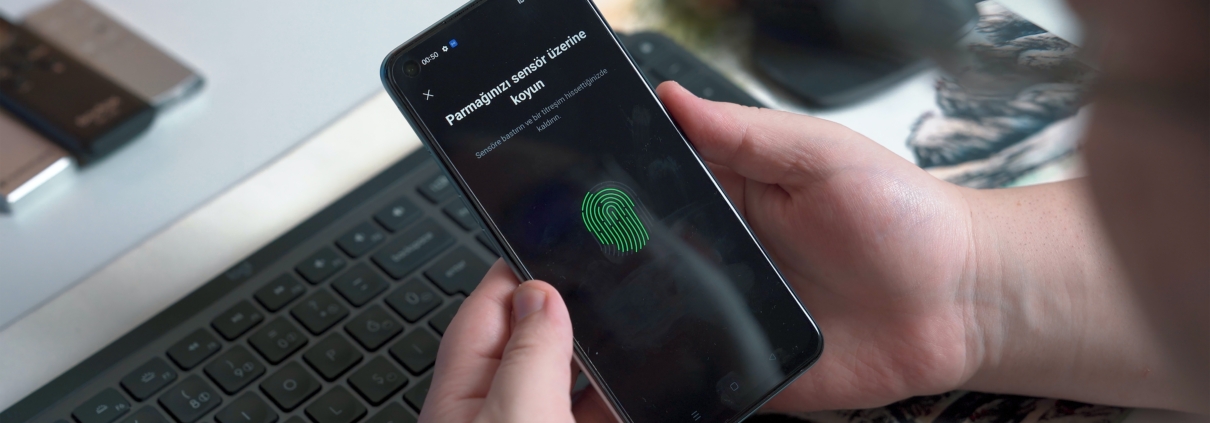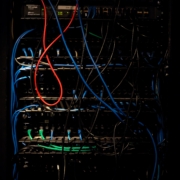How Data Entry Virtual Assistants Safeguard Your Information
/in Admin Support Virtual Assistant, Virtual Assistant in Canada, Virtual assistant in USA /by admin
In an era where data is often deemed as the new currency, the security and integrity of information have become paramount concerns for businesses of all sizes. As companies increasingly leverage data entry virtual assistants to handle sensitive information, understanding the measures these virtual assistants take to safeguard data is crucial. This article explores the multifaceted ways in which data entry virtual assistants prioritize data security.
Encryption Protocols: Fortifying the Digital Perimeter
Data entry virtual assistants employ robust encryption protocols to fortify the digital perimeter and protect sensitive information from unauthorized access. Encryption transforms data into a secure code, making it nearly impossible for malicious actors to decipher without the corresponding decryption key. This layer of security ensures that even if data is intercepted, it remains unintelligible to unauthorized entities.
Secure Data Transmission Practices
The journey of data from its point of origin to its storage location involves multiple stages, each susceptible to potential threats. Data entry virtual assistants implement secure transmission practices, utilizing encrypted channels to safeguard information during its transit. This precautionary measure prevents interception by hackers attempting to exploit vulnerabilities during the transfer process.
Access Controls and Authentication Mechanisms
To maintain a secure environment, data entry virtual assistants implement access controls and authentication mechanisms. These measures ensure that only authorized personnel can access specific sets of data. Authentication methods may include multi-factor authentication or biometric verification, adding an additional layer of protection against unauthorized access.
Regular Security Audits and Monitoring
Data security is an ongoing process that requires constant vigilance. Virtual assistants engaged in data entry regularly conduct security audits and monitoring to identify and address potential vulnerabilities. This proactive approach allows for the detection of irregularities or suspicious activities, enabling swift responses to mitigate potential security breaches.
Compliance with Data Protection Regulations
Data entry virtual assistants adhere to data protection regulations and industry standards. Compliance with frameworks such as GDPR, HIPAA, or other relevant regulations ensures that businesses utilizing virtual assistants meet legal requirements regarding the handling and protection of sensitive information. This commitment to compliance not only safeguards data but also enhances the overall trustworthiness of the business.
Employee Training and Awareness Programs
Human error remains a significant factor in data breaches. Data entry virtual assistants invest in comprehensive training programs to educate their human counterparts about best practices in data security. These programs instill a heightened sense of awareness among employees, reducing the likelihood of unintentional security lapses.
Conclusion: A Secure Future for Data Management
As businesses increasingly rely on data entry virtual assistants to handle vast amounts of information, the importance of robust data security measures cannot be overstated. By employing encryption protocols, secure transmission practices, access controls, and compliance with regulations, virtual assistants contribute to a secure and trustworthy data management ecosystem. In a digital landscape where information is both powerful and vulnerable, data entry virtual assistants stand as guardians, ensuring the confidentiality and integrity of the valuable data they manage.









